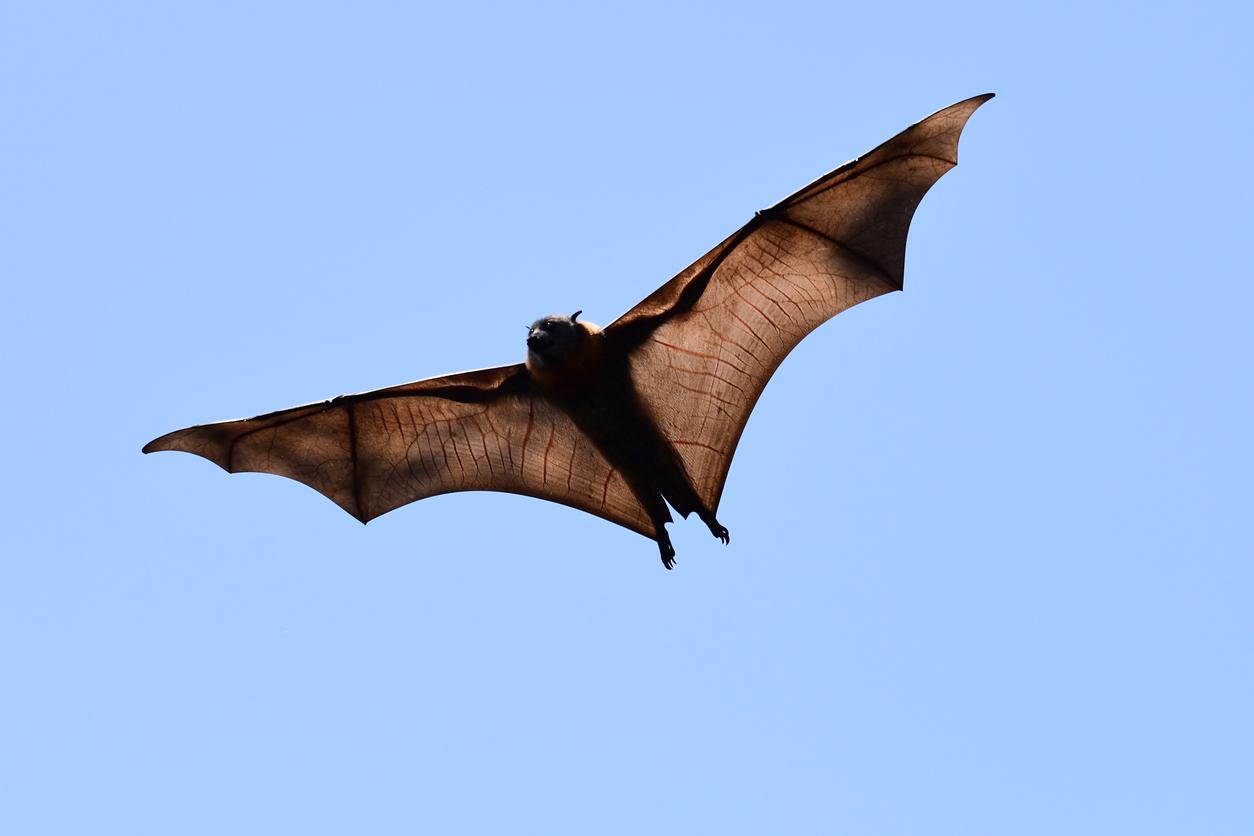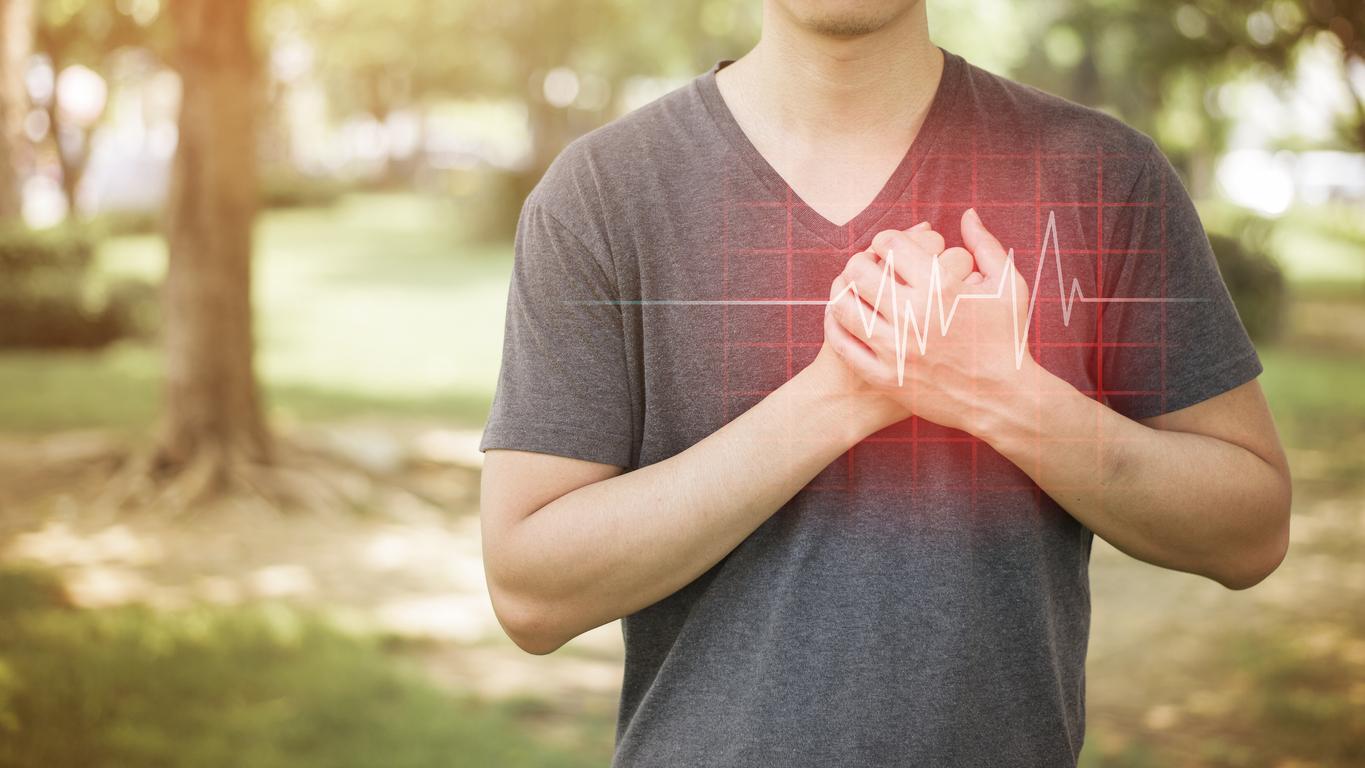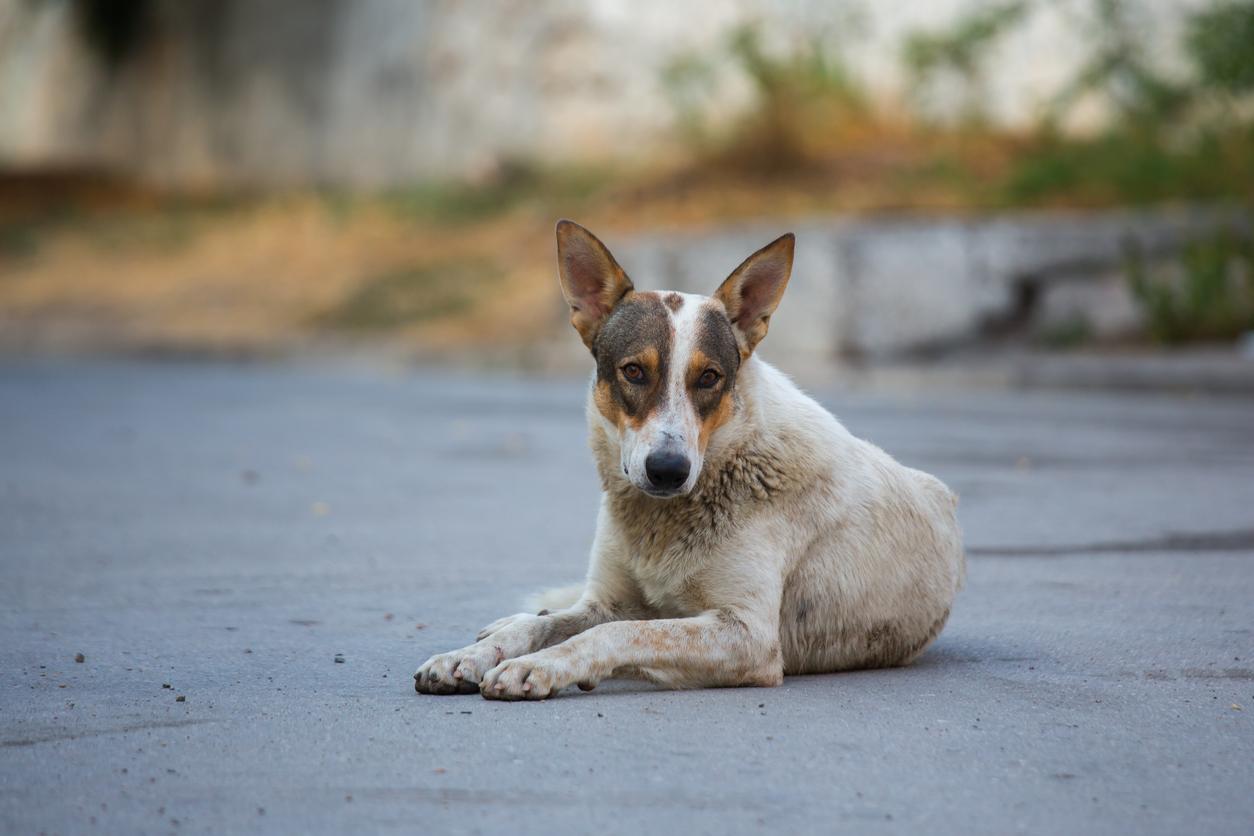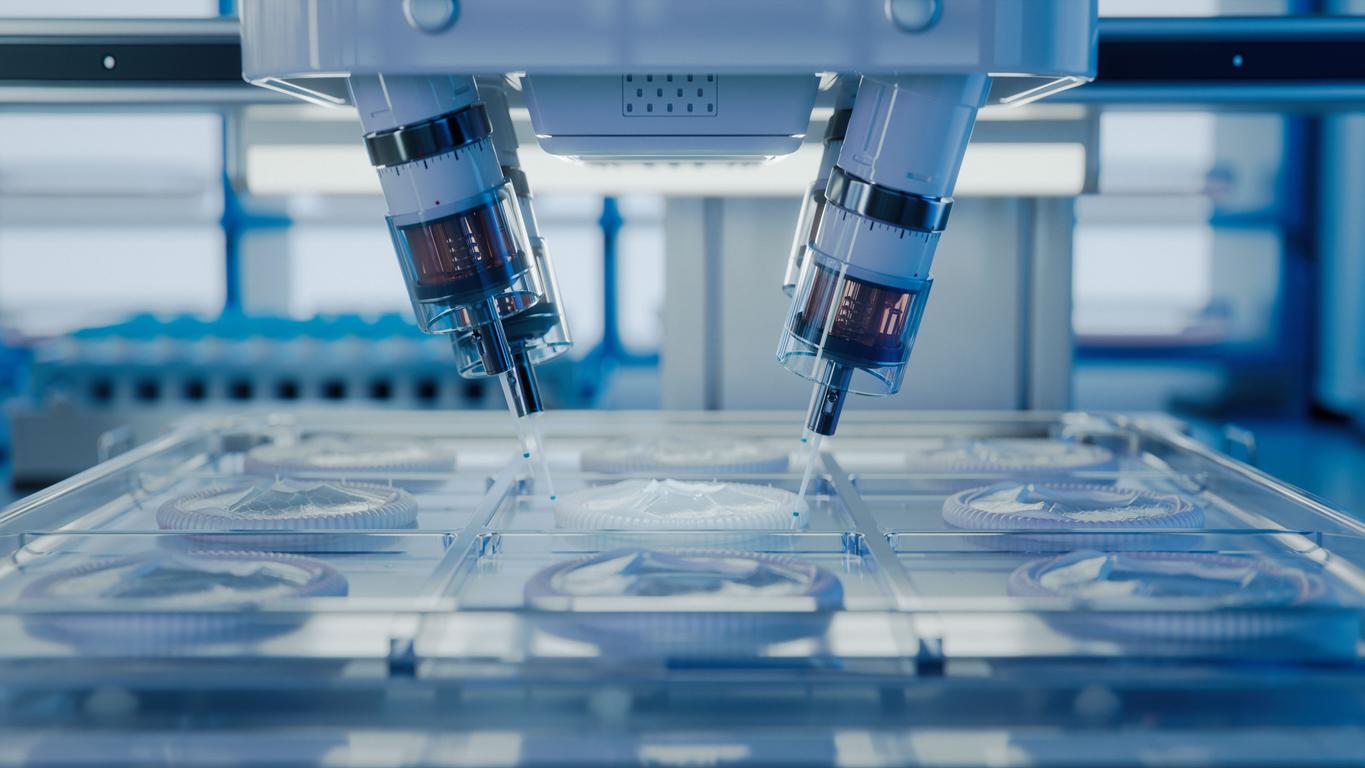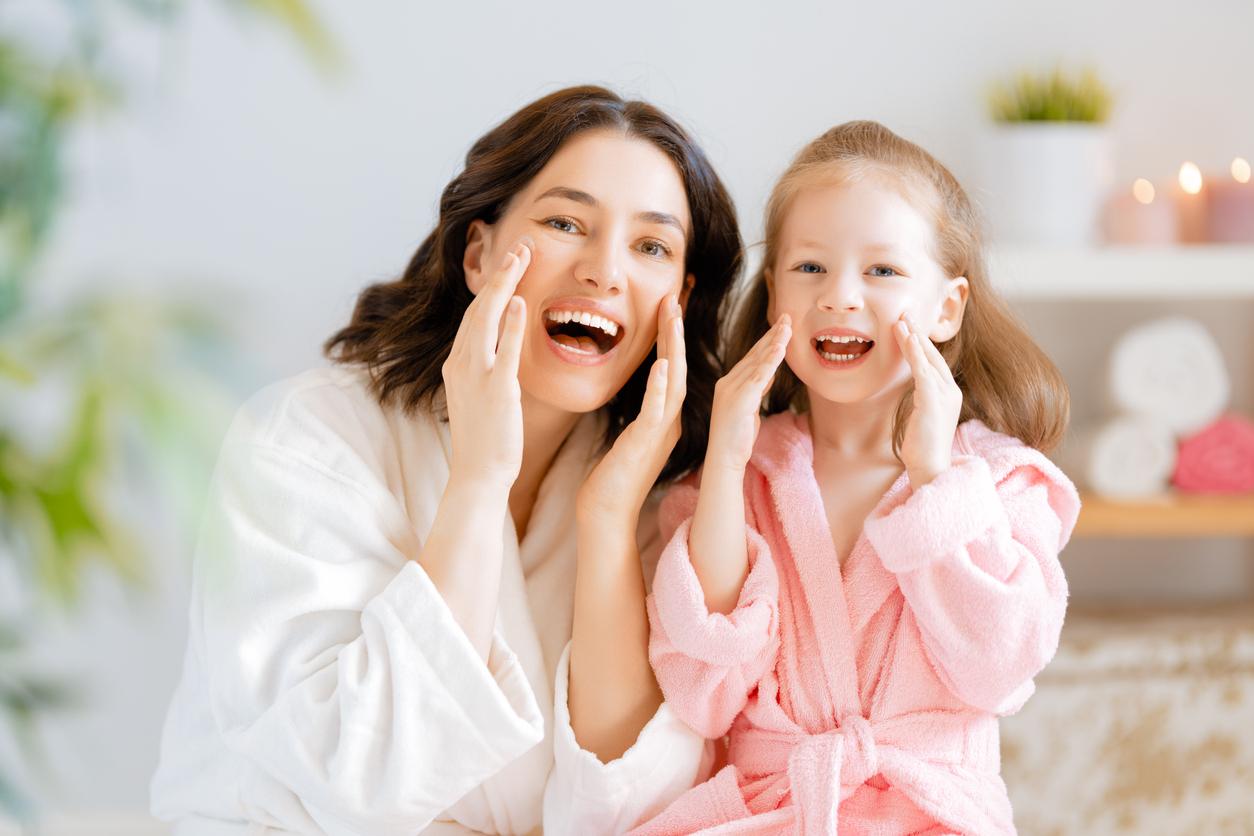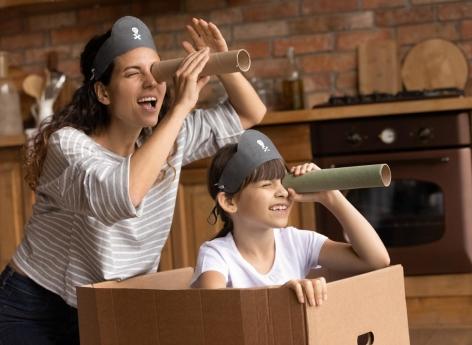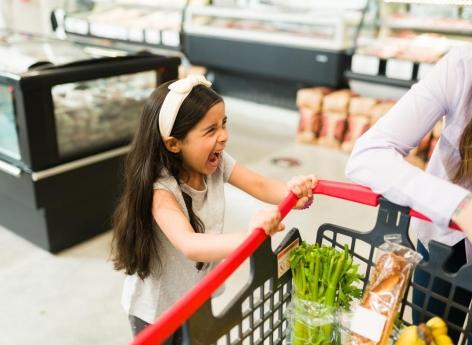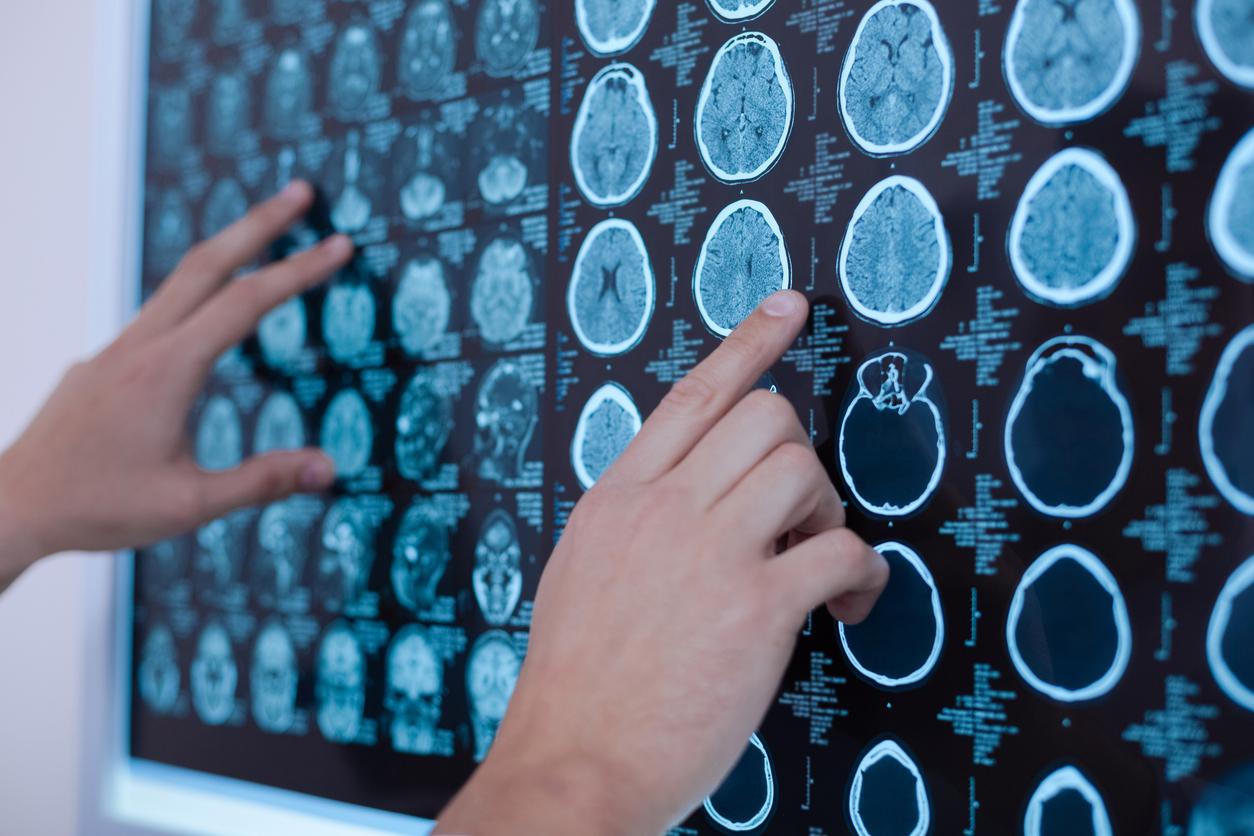On the occasion of the world day of mobilization against childhood cancers on February 15, Anne and Fabrice Donguy tell their fight against the disease of their son, Anatole, suffering from a brain tumor in the thalamus (first part).
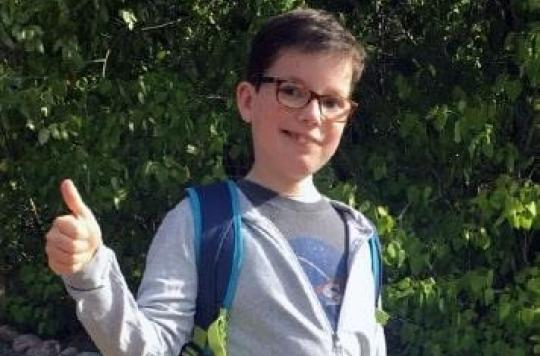
- 500 children die of cancer each year in France.
- Cancer is the leading cause of death by disease in children over 1 year old.
- The number of children diagnosed has never declined.
“On May 9, 2018, we began, with our son Anatole, a long journey to the land of sick children. First, a motionless journey in the amazement and distress of the discovery of his cancer. Then an initiatory journey in the services of Pediatric oncology, a strange, complex and formidable country. Also travels in the world of health, medicine and research. And a very real and essential trip to the USA, a trip of hope to obtain access to treatment promising experimental project. Today, this long journey continues in the land of patience and resilience, a long and winding journey, dark too, but oh so fiery.
We are an ordinary little family and live in Sweden with our two children, Anatole and his older sister. In May 2018, Anatole is almost 8 years old. He likes playing Lego, watching Star Wars movies, playing rugby. He loves talking about his travels and dreams of becoming an engineer-technician-researcher-explorer. He also has his left hand shaking. We don’t imagine our life is going to be turned upside down when we take him to a doctor for what we think is muscle weakness.
“A bad dream”
The diagnosis is clear: Anatole has a brain tumor in the thalamus, called diffuse midline glioma (Diffuse Midline Glioma, DMG). An H3 K27M mutation makes the prognosis even more alarming since it classifies the tumor directly at WHO grade 4, the most aggressive. The patient survival rate is 10% at two years, 1% at five years. Figures that make you sick.
We are dazed, stunned, flabbergasted. This stupor is for us the first contact with our child’s cancer. We don’t believe it, it’s a bad dream, a joke in very bad taste, a mistake. We have to wait for the moment when we have to inform those around us, hear the words come out of our own mouths to understand that the disease has now become our reality. That she has just entered our lives through the front door, and has no intention of leaving.
The weeks that follow, we live like automatons. All of this is beyond us. We basically rely on what the doctors tell us. We submit our son to the care prescribed by the oncologists of Stockholm University Hospital, into whose hands we place our child’s life. We are distraught, overwhelmed but we try to swallow a whole bunch of words to try to understand what is happening to our son. We are fortunate to have an approachable and patient team who takes the time to explain to us, and sometimes, to re-explain everything to us. Quickly, she recognizes that there are few cases in Sweden and prefers to seek help from her international counterparts. We appreciate this humility. Since we are French, the Stockholm team gets in touch with Dr. Jacques Grill from the Gustave Roussy Institute. He is working on a clinical trial for children with DIPG (similar to Brain Stem Invasive Glioma). We feel confident. During the summer of 2018, until the end of the year, Anatole follows a first protocol developed jointly, combining proton therapy and chemotherapy. We let ourselves be guided, held by the hand, we rely entirely on science, convinced that the doctors are doing everything possible to save our child.
“The disease is seen”
Despite this, Anatole’s tumor is progressing. Over the months, his condition deteriorated. He is put on corticosteroids for a while to stop the inflammation around the tumour. He must undergo a ventriculostomy to help the cerebrospinal fluid to circulate better. He is placed in an implantable chamber to avoid repeated injections in the arm. So many surgeries that are heartbreaking. The disease is visible now. Gradually suffering from hemiparesis, Anatole loses his autonomy. The muscles work but he can no longer control the left side of his body, he no longer uses it, he forgets it. He no longer moves his left hand or his arm, his left leg no longer carries him, he uses a wheelchair most of the time. Half of his face is frozen, he speaks less and less distinctly, he is salivating all the time. He is tired and rests a lot. He never complains.
It is completely legitimate to trust modern medicine, clear, clean, precise and surgical. But when the operation is not possible? When the treatment does not bring any improvement? We turn to other opinions, seek second opinions from different doctors, explore other avenues, discover other approaches. We get information from associations, discuss with other families, surf the Internet and social networks, watch documentaries, consult data, read, often in English, numerous articles and publications, the fruit of scientific research. Beyond the statistics, the words so hard to hear, the prognosis so pessimistic, we are looking for something to hold on to, a little hope hidden in all these scholarly words. We are aware of having the opportunity to do so and the time, which unfortunately many parents do not have in the face of the fulgurance of their child’s cancer. We understand that access to care is limited, not adapted and subject to conditions. We feel quite alone, faced with this mass of information, these fledgling options, these microchances of survival. We move heaven and earth to find the best anywhere else in the world. New therapies are in development. Options are possible, leads exist. Rare cases of remission occur. We cling with all our might to this idea.
“The Guilt of Not Knowing Everything”
We listen to each other as parents, we go in the direction of our most intimate beliefs, determined not to give up. We are told about courage. It’s more of a survival instinct, on behalf of our son. This does not mean that we totally reject the protocols offered to us, but we are studying the question from different angles. We become aware of a very sad reality. The oncology services do not know all the existing treatments or the therapeutic trials in progress, and the rarer the tumor, the more this is true. Doctors are trapped in their shackles, bound by hospital protocols and regulations that they cannot break. They are also focused on their area of expertise and do not take the patient’s health as a whole. We discuss with them, we come with our lists of questions, we submit our proposals to them. We annoy them, disturb them, push them to their limits. Our reflections challenge them, they adhere to them or not, but we never feel judged. We are free to adapt our daily life according to our convictions. It’s about the life of our little one boy and it’s up to us to choose. What a responsibility for us parents! What guilt not to know everything, to know everything, to master everything!
Website: allwithanatole.com
More testimonials in the book Regards (published by Feathers of Ocris). IProfits from the sale of the book will be donated in full to the Federation Growing Up Without Cancer for research in the field of pediatric cancers.
.



